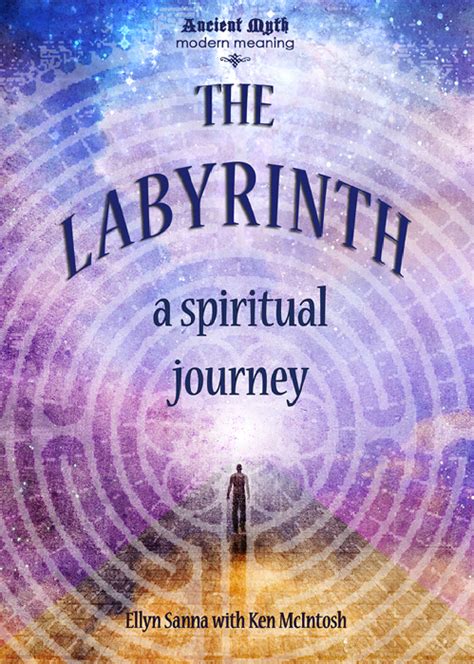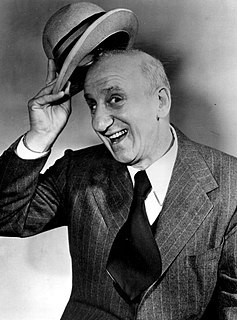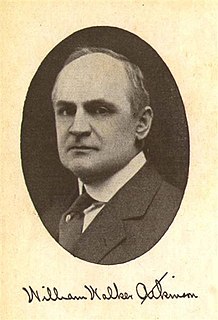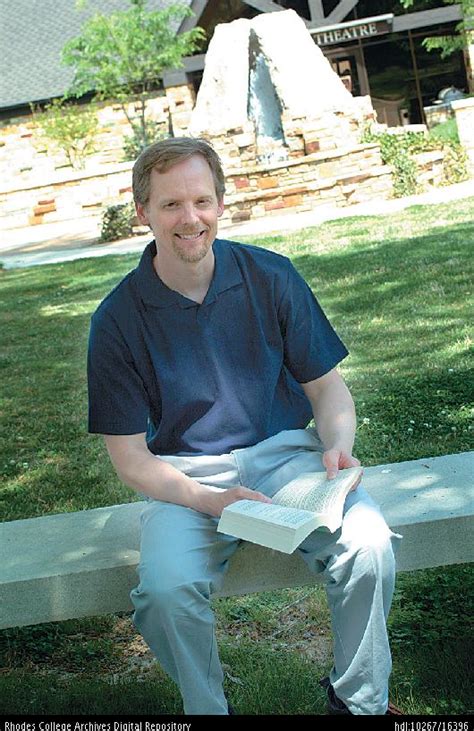A Quote by Sharon Salzberg
Love and concern for all are not things some of us are born with and others are not. Rather, they are results of what we do with our minds: We can choose to transform our minds so that they embody love, or we can allow them to develop habits and false concepts of separation.
Related Quotes
When we work so hard at our preparations for Christmas, we often feel cheated and frustrated when others fail to notice the results of our efforts. We need to ask ourselves why we are doing the things we choose to do. If love motivates us-love for our families, for our neighbors - then we are free to simply enjoy the actual process of what we do, rather than requiring the approval and admiration of others for the results of our labors.
All men and women are born, live, suffer and die; what distinguishes us one from another is our dreams, whether they be dreams about worldly or unworldly things, and what we do to make them come about... We do not choose to be born. We do not choose our parents. We do not choose our historical epoch, the country of our birth, or the immediate circumstances of our upbringing. We do not, most of us, choose to die; nor do we choose the time and conditions of our death. But within this realm of choicelessness, we do choose how we live.
We are sending out thoughts of greater or less intensity all the time, and we are reaping the results of such thoughts. Not only do our thought-waves influence ourselves and others, but they have a drawing power - they attract to us the thoughts of others, things, circumstances, people, 'luck', in accord with the character of the thought uppermost in our minds.
The life of hope, then, is shot through with social influences at every level. We learn to formulate ideals in tandem with others. We pursue particular hopes, sometimes succeeding and sometimes failing, in the company of those we love. And as we develop habits of hope and the hopefulness which helps us weather our trials, we reach out to others, inspiring them, sharing our own hopes with them, and contributing our abilities as best we can to foster the growth of agency.



































